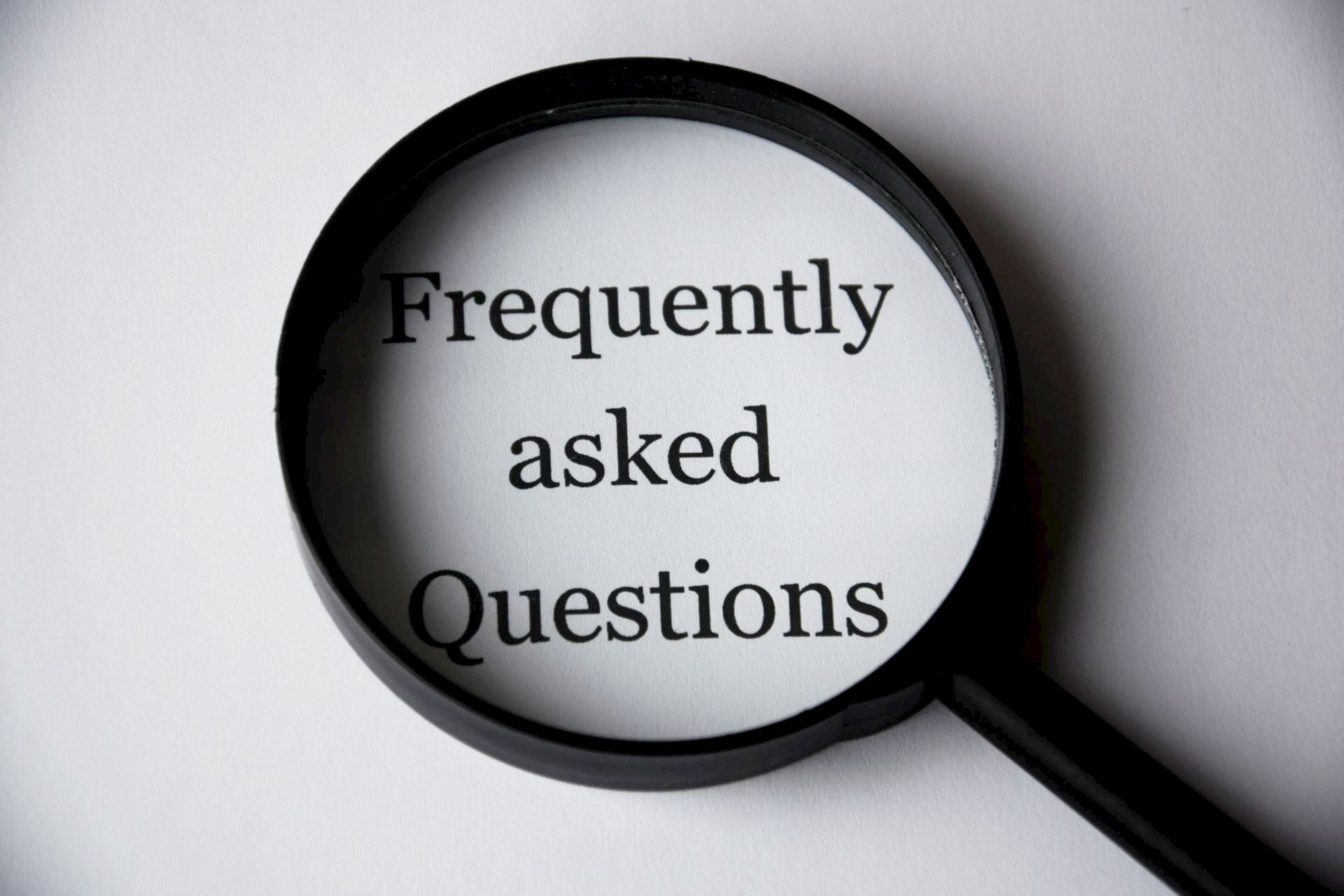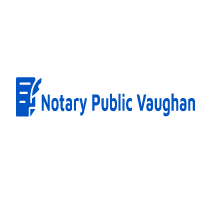Statutory Declaration for Professional Accreditation and Licensing
TAXES
Tax laws are complex. We're here to help you handle it all.
Filing tax returns can be stressful. We're here to take care of the details, so you don't need to worry. We'll ensure that your taxes are filed on time and correctly. If you're facing an audit, we'll help you prepare for it. Why pay penalties or interest when you can take care of your taxes, right from the start.
Being audited happens but it can be stressful, expensive and time-consuming. File your taxes properly from the start, and you'll have less stress and worry later.
12
Professional providers
4630
Annual cases
A Statutory Declaration for professional accreditation and licensing is a formal legal document that applicants must submit when seeking or renewing a professional license or accreditation. It involves the individual making a solemn statement, affirming the accuracy of specific facts to the best of their knowledge and belief.
What's a Statutory Declaration for Professional Accreditation and Licensing?
Its purpose is to ensure that the individual seeking the license or accreditation meets specific criteria or requirements set by the governing body or regulatory authority overseeing the profession. It helps verify the applicant's qualifications, experience, or compliance with relevant regulations.
Some key points:
- Legal Affirmation: When someone signs a statutory declaration, they are making a legally binding statement. Falsely declaring information may lead to legal consequences, such as rejection of the application or even potential criminal charges for making false statements.
- Format and Content: The specific format and content requirements can vary based on the jurisdiction and the profession. However, it typically includes the applicant's personal details, a declaration that the information provided is true, and sometimes details about the qualifications and experience relevant to the profession.
- Witness and Notary Public: In many cases, a Statutory Declaration must be witnessed by a person authorized to administer oaths, such as a Notary Public or a Commissioner for Oaths. The witness attests that they have confirmed the identity of the person making the declaration and that the individual signed the document in their presence.
- Supporting Documents: Along with the Statutory Declaration, applicants may need to provide supporting documents such as academic transcripts, work experience certificates, or other evidence to substantiate the claims made in the declaration.
- Submission: The completed and signed Statutory Declaration, along with any required supporting documents, is submitted to the relevant regulatory body or authority responsible for granting the professional accreditation or license.
It is essential for applicants to carefully read and understand the requirements and ensure that all the information provided is accurate and truthful. Misrepresentation can lead to serious consequences, including the rejection of the application and potential harm to the individual's professional reputation.

Examples
Here are some examples of Statutory Declarations for professional accreditation and licensing in Ontario:
- Professional Engineer Licensing: As an aspiring professional engineer, you may need to submit a Statutory Declaration affirming that you meet all the education and experience requirements set forth by the Professional Engineers Ontario (PEO).
- Registered Nurse Accreditation: Registered nurses seeking accreditation from the College of Nurses of Ontario (CNO) may be required to provide a Statutory Declaration confirming their compliance with the organization's regulations and ethical standards.
- Real Estate Agent Licensing: Individuals applying for a real estate agent license in Ontario might need to submit a Statutory Declaration asserting that they have completed the mandatory education and training requirements outlined by the Real Estate Council of Ontario (RECO).
- Architect Professional Accreditation: Aspiring architects seeking accreditation from the Ontario Association of Architects (OAA) might be asked to provide a Statutory Declaration confirming their qualifications, experience, and adherence to professional standards.
- Licensed Paralegal Application: Those applying for a license as a paralegal in Ontario may need to submit a Statutory Declaration declaring their compliance with the Law Society of Ontario's (LSO) licensing requirements.
- Certified Public Accountant (CPA) Licensing: Individuals applying for a CPA license in Ontario may be required to submit a Statutory Declaration verifying their fulfillment of the educational and experience criteria established by the Chartered Professional Accountants of Ontario (CPAO).
- Teaching Certification: Aspiring teachers seeking certification from the Ontario College of Teachers (OCT) may need to provide a Statutory Declaration attesting to their qualifications and meeting the necessary teaching standards.
These examples demonstrate how Statutory Declarations play a crucial role in the process of obtaining professional accreditation and licensing in Ontario. They help regulatory bodies ensure that applicants meet the required standards and qualifications for their respective professions. The specific requirements and content of the declarations may vary based on the profession and the governing body overseeing the accreditation or licensing process.
Important Points
- Purpose and Content: Understand the purpose of the Statutory Declaration and what information is required. It is a formal statement confirming the accuracy of specific facts related to your qualifications, experience, or compliance with regulatory requirements.
- Applicable Regulations: Familiarize yourself with the relevant laws, regulations, and guidelines set by the governing body or regulatory authority overseeing your profession in Ontario.
- Submission Requirements: Know when and how to submit the Statutory Declaration. Ensure you meet all the deadlines and provide any supporting documents as required.
- Truthfulness and Accuracy: A Statutory Declaration is a legally binding document. It is essential to be truthful and accurate in your statements, as providing false information may lead to serious consequences, including rejection of your application or disciplinary action.
- Witnessing and Notarization: In many cases, the Statutory Declaration must be witnessed by a person authorized to administer oaths, such as a Notary Public or a Commissioner for Oaths. Understand the witnessing requirements and contact us to book your appointment.
- Relevant Professional Body: Make sure you are submitting the Statutory Declaration to the correct governing body or regulatory authority responsible for overseeing your profession in Ontario.
- Application Process: Understand how the Statutory Declaration fits into the overall application process for professional accreditation or licensing. Know if there are additional steps or requirements you need to fulfill.
- Retain a Copy: Keep a copy of the completed and signed Statutory Declaration for your records. This can be useful for future reference or if any questions arise regarding your application.
- Seek Guidance if Needed: If you have any doubts or questions about the Statutory Declaration or the application process, consider seeking guidance from the regulatory authority or a professional advisor who is familiar with the requirements for your specific profession.
By being well-informed about these aspects, you can ensure that your documents are correctly completed, submitted on time, and aligns with the necessary regulatory standards.
Did you know that.....
- Statutory Declaration for Exemption: In some cases, individuals may need to submit a Statutory Declaration to request an exemption from certain licensing requirements based on unique circumstances or qualifications. This could be due to prior experience, education, or other relevant factors.
- Witness Qualifications: Not all individuals can serve as witnesses for a Statutory Declaration. In Ontario, the witness must be a Notary Public or a Commissioner for Oaths, a lawyer, a paralegal, or certain other authorized individuals. Using an unauthorized witness can invalidate the declaration.
- Jurisdictional Differences: The requirements and content of Statutory Declarations can vary between different provinces or territories in Canada. What is valid in Ontario might not be the same in another province, so it's important to be aware of the specific rules and regulations of the jurisdiction in which you are applying.
- Re-Affirmation Periods: For certain professions, individuals may need to submit a new Statutory Declaration regularly, such as annually or every few years, to maintain their professional accreditation or license. This ensures that the information remains up-to-date and relevant.
- Electronic Submission: Some regulatory bodies may allow or require electronic submission of Statutory Declarations through secure online platforms. It is essential to follow the prescribed method of submission to avoid any delays or issues with the application.
- Translation Requirements: If your documents or declarations are not in English or French, you may need to provide certified translations to ensure the regulatory body can properly review your application.
- Retaining Copies of Supporting Documents: Alongside the Statutory Declaration, some regulatory authorities may ask applicants to keep copies of supporting documents for a specific period in case of future audits or inquiries.
- False Declaration Consequences: Making a false or misleading declaration can have severe repercussions, including rejection of the application, suspension, or even permanent prohibition from practicing in the profession.
- Updating the Declaration: If there are changes to the information in the Statutory Declaration after submission, it is crucial to promptly inform the regulatory authority and, if necessary, provide an updated declaration.
- Public Access: In some cases, Statutory Declarations and related documents may be accessible to the public, subject to privacy laws and regulations.
Given the potential complexities and less-known nuances of Statutory Declarations for professional accreditation and licensing, it is advisable to carefully read all instructions, seek guidance if needed, and ensure accuracy and compliance with the applicable rules and regulations.

Got anymore Questions? feel free to contact us
We will get back to you as soon as possible.
Please try again later.
Hire a professional and take the worry out of your taxes.
Hire a professional and take the worry out of your taxes.
Hire a professional and take the worry out of your taxes.
ACCOUNTING
Tax laws are complex. We're here to help you handle it all.
Filing tax returns can be stressful. We're here to take care of it all, so you can focus on what really matters - your business. We'll ensure that taxes are filed on time and correctly and that payroll, investments and more are on track.
We provide complete, rapid and uncompromising support when you need it and will help you identify all the sources of income and related tax savings.
12
Professional providers
4630
Annual cases
Things being made beautifully simple are at the heart of everything we do
Tax planning can help you or your business reduce liabilities.
Tax planning can help you or your business reduce liabilities.
CONSULTING
Tax laws are complex. We're here to help you handle it all.
Filing tax returns can be stressful. We're here to take care of it all, so you can focus on what really matters - your business. We'll ensure that taxes are filed on time and correctly and that payroll, investments and more are on track.
We provide complete, rapid and uncompromising support when you need it and will help you identify all the sources of income and related tax savings.
12
Professional providers
4630
Annual cases
Hire a professional and take the worry out of doing your taxes.
Hire a professional and take the worry out of doing your taxes.
Hire a professional and take the worry out of doing your taxes.
Disclaimer
At Notary Public Vaughan, we are committed to providing informative resources to assist in understanding notarization. It is important to note that the information provided on this site is not intended to be construed as legal advice, and does not establish a paralegal-client or attorney-client relationship. If you have any unanswered questions regarding notarization or digitally notarized documents, it is recommended that you seek guidance from your own legal representatives, advisors, or document recipients







